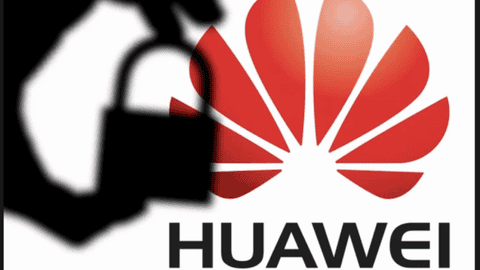The situation with the active imposition of sanctions against Huawei by the US government showed that restrictions do not give any positive results – everyone suffers, not only the Chinese company. For example, thanks to recent restrictions, Japanese companies supplying chips to Huawei face the risk of losing billions of dollars in revenue.
Japanese companies Sony and Kioxia rush to help Huawei
In order not to lose money, according to the latest data, Japanese companies Sony and Kioxia have applied for permission from the United States to continue doing business with Huawei. It is noteworthy that Intel has already received a license to supply chipsets to the Chinese giant.
As a reminder, Huawei is one of Sony’s leading partners in camera sensors. Another Japanese company, Kioxia, is one of the world’s leading manufacturers of flash memory chips.
Kioxia, a subsidiary of Toshiba, has warned that supply restrictions for Huawei could lead to an oversupply of memory cards. Due to the current uncertainty, the company had to postpone its ready-made spending plan for several billion dollars.
In turn, due to the sanctions against Huawei, Sony had to cut its spending plan for three years in advance, as there is currently a deficit of several billion dollars due to the inability to supply camera sensors to Huawei.
Interestingly, these two companies are not the only ones going to “save” Huawei’s business. The main competitors of the Chinese company Samsung Electronics also filed their application.
Samsung is growing, Huawei is falling, and Apple third in August
At the end of August, Samsung regained leadership in the smartphone market. According to analysts at Counterpoint Research, the South Korean giant controls 22% of the mobile device market. This is not a bad achievement. The first half of this year was quite difficult for all companies due to the coronavirus pandemic and crisis. But it seems that the situation is gradually leveling off.
The US sanctions also did their job, provoking a decline in demand for Huawei products, which at the end of the previous month was in second place with a result of 16% of the market share. Recall that the Chinese company has been the leader among smartphone manufacturers since April this year.
Samsung owes its success primarily to the Indian market, where it has managed to consolidate its position. But even here, politics influenced the company’s success in the local market. Anti-Chinese feelings reigning in recent months due to the territorial conflict between India and China has led to an increase in demand for Samsung products and a boycott of Chinese goods.
In the third place at the end of August was Apple, whose share is estimated at 12%. The fourth line of the table of ranks of the largest smartphone manufacturers was taken by Xiaomi – 11%.

